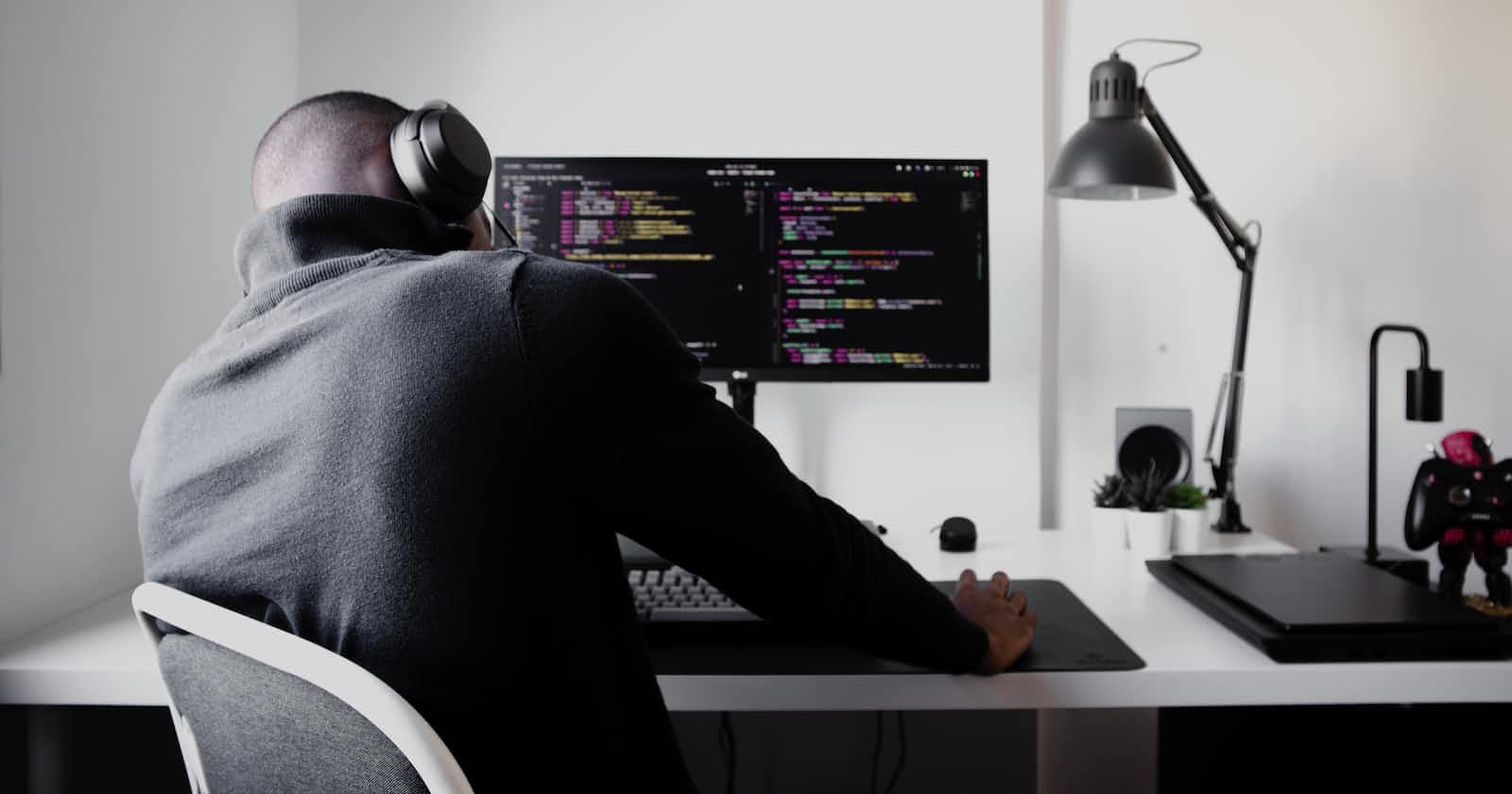Debugging code is an essential skill for every programmer, regardless of their level of experience. Debugging involves identifying and resolving errors in code, which can be time-consuming and frustrating. However, with the right approach and mindset, debugging can be an opportunity to improve your programming skills and build more robust and reliable software. In this article, we will discuss some tips for debugging code effectively.
1. Reproduce the problem
Before you can start debugging, it is important to be able to reproduce the problem consistently. This involves identifying the steps or inputs that lead to the error. Once you can consistently reproduce the problem, you can begin to investigate the cause.
2. Use debugging tools
Debugging tools are software utilities that can help you identify errors in code. These tools can provide information about variables, memory usage, and other aspects of the program's state. Popular debugging tools include integrated development environments (IDEs) like Visual Studio and Xcode, as well as command-line tools like GDB and LLDB.
3. Add logging statements
Logging statements are a simple but effective way to debug code. By adding print statements to your code, you can see the values of variables and other information as the program runs. This can help you identify where the error is occurring and what is causing it.
4. Break the problem down into smaller parts
Sometimes, the cause of an error can be difficult to identify because it is occurring in a complex part of the code. In these cases, it can be helpful to break the problem down into smaller parts and debug each part separately. This can help you isolate the problem and identify the cause more easily.
5. Ask for help
Debugging can be a challenging and time-consuming process, especially if you are working on a complex project. If you are having difficulty identifying the cause of an error, don't be afraid to ask for help from a colleague or an online community. Often, a fresh pair of eyes can help you see the problem from a different perspective and identify the cause more quickly.
6. Test your code thoroughly
Testing your code thoroughly can help you identify errors early in the development process. This includes unit testing, which involves testing individual parts of the code, as well as integration testing, which involves testing the program as a whole. By testing your code regularly, you can catch errors before they become bigger problems.
7. Keep learning
Debugging is an ongoing process that requires continuous learning and improvement. Stay up-to-date with the latest tools, techniques, and best practices for debugging. Attend conferences, read books and articles, and participate in online communities to stay informed about new developments in the field.
In conclusion, debugging code can be a challenging but rewarding process. By following these tips, you can debug your code more effectively and efficiently. Remember to reproduce the problem, use debugging tools, add logging statements, break the problem down into smaller parts, ask for help, test your code thoroughly, and keep learning. With practice and persistence, you can become a skilled debugger and build more robust and reliable software.


